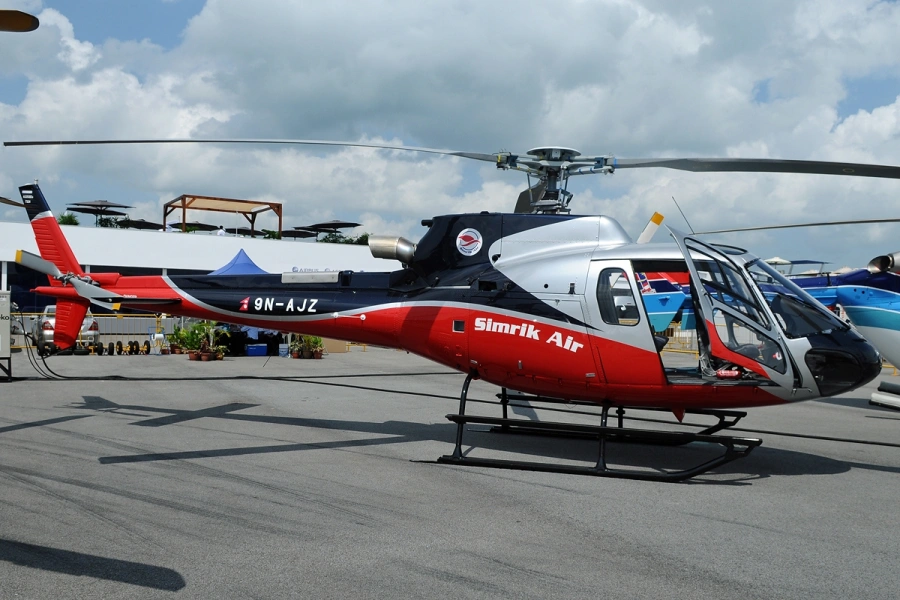Opposition parties have lately upped their ante against Prime Minister KP Sharma Oli’s government, apparently under the orchestration of Maoist Center Chairman Pushpa Kamal Dahal. For piling pressures on the government, the coalition of various opposition political groups has united under the Socialist Front, a brainchild of Dahal. While attacking the government, the Maoist supremo raised issues of corruption, poor governance, and the use of ordinances rather than following parliamentary procedures, as well as the ruling alliance’s overtures to amend some clauses of the Constitution. Many of Dahal’s allies, including Unified Socialist, Rastriya Swatantra Party, and different Madhesi parties have expressed identical viewpoints. They have also criticized the government for delaying the winter parliamentary session, which has now been called for January 31. However, having the backing from the majority in parliament, the government is unfazed as the two largest political parties—the Nepali Congress (NC) and the CPN-UML— have remained united, leading a powerful government for the last six months.
After the Nepali Congress and the UML formed an alliance six months ago that toppled his government, Dahal has become a harsh critic of PM Oli. He believes it was Oli who betrayed him and joined forces with the NC to form the new government under his premiership. Because of this hatred, he frequently claims the government’s self-inflicted mistakes will cause its downfall. To everyone’s surprise, Dahal and his opposition allies have yet to make derogatory comments about Deuba, probably with the hope that the Nepali Congress president will accept their request to end his alliance with Oli and become prime minister with their backing.
No opposition party in parliament!

Some believe the opposition’s accusations against the government have some merit. They accuse the Oli government of making no significant progress in government performance during the first six months of his tenure. Opposition parties berated the government for its perceived failures in managing inflation and addressing public concerns through better governance and claimed the ruling party bypassed vital debates on urgent issues by using ordinances instead of parliamentary discussion. Claims of corruption and financial mismanagement have made matters worse for the ruling alliance. Many smaller parties in the opposition are furious over the ruling alliance’s plan to raise the vote threshold and lower the number of proportionally elected lawmakers, fearing it will hurt their chances and reduce their parliamentary representation.
The opposition’s criticism of the government appears opportunistic and lacks constructive methods. Some charges are aimed at sowing confusion among the two leading ruling alliances and misleading the people about the government. When in power, the current opposition leaders faced similar charges. Raising trivial matters and personal attacks against ruling party leaders and the PM could only damage the credibility of the opposition parties. Demanding PM Oli’s resignation and criticizing his use of ordinances as authoritarian actually undermines the opposition’s position. They must realize that introducing several ordinances has benefited people from government-provided services, which would not be possible if lengthy parliamentary processes were followed. Yet, it is also true that ordinances cannot replace thorough parliamentary discussions and scrutiny over bills.
Although ruling and opposition leaders are at odds, the government is unlikely to be threatened. The NC and CPN-UML coalition has withstood attempts by the opposition to unseat it. With internal disputes in the ruling coalition managed, PM Oli’s government appears stable for the time being. The opposition needs to accept this.
To sum up, while disapproving of the ruling alliance and the government, the opposition appears to be fulfilling its role merely as a political opposition which lacks the numbers to dethrone or weaken the government, the reality the opposition leaders are already aware of. By aggressively hitting out at the PM and his government and claiming that it would soon fall, the opposition leaders appear only to be attempting to defile the image of the ruling alliance among voters as much as they can before the 2027 election sets in.








































